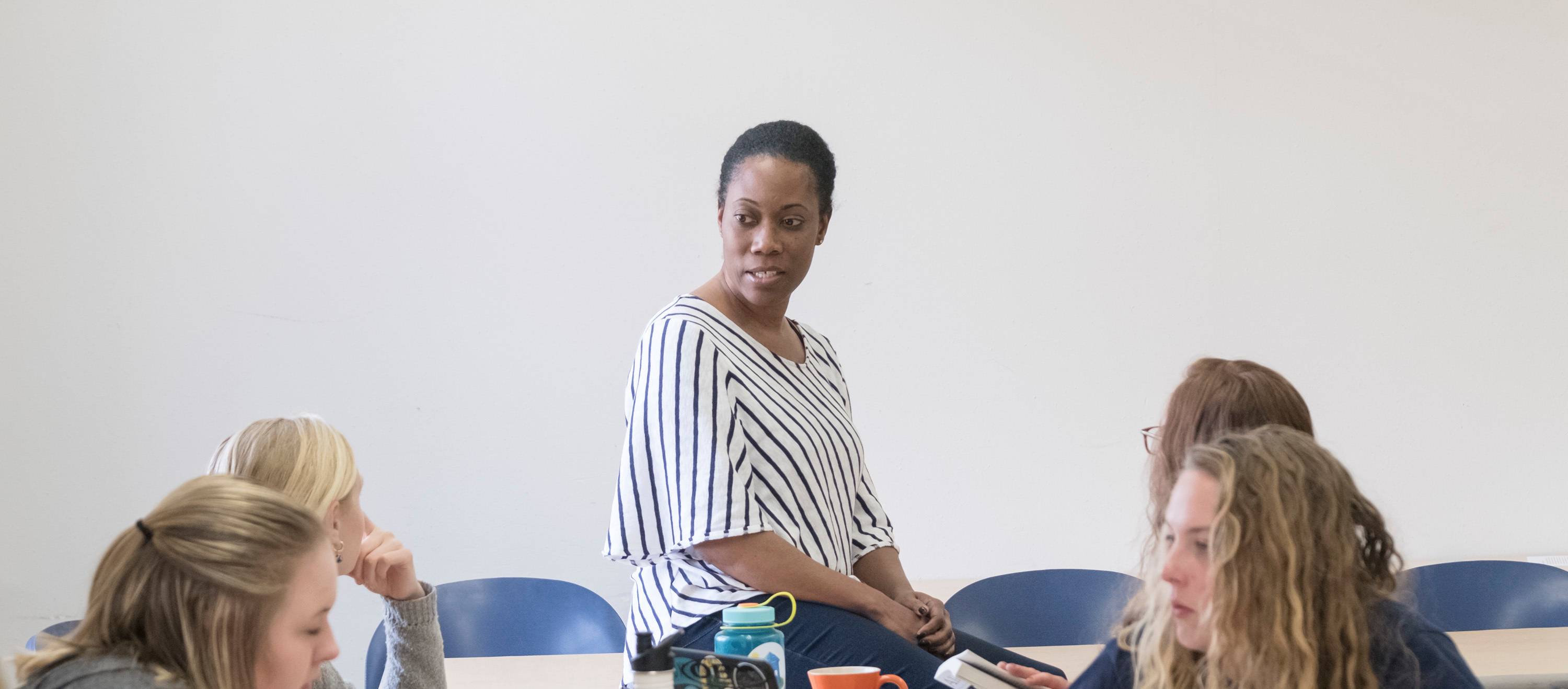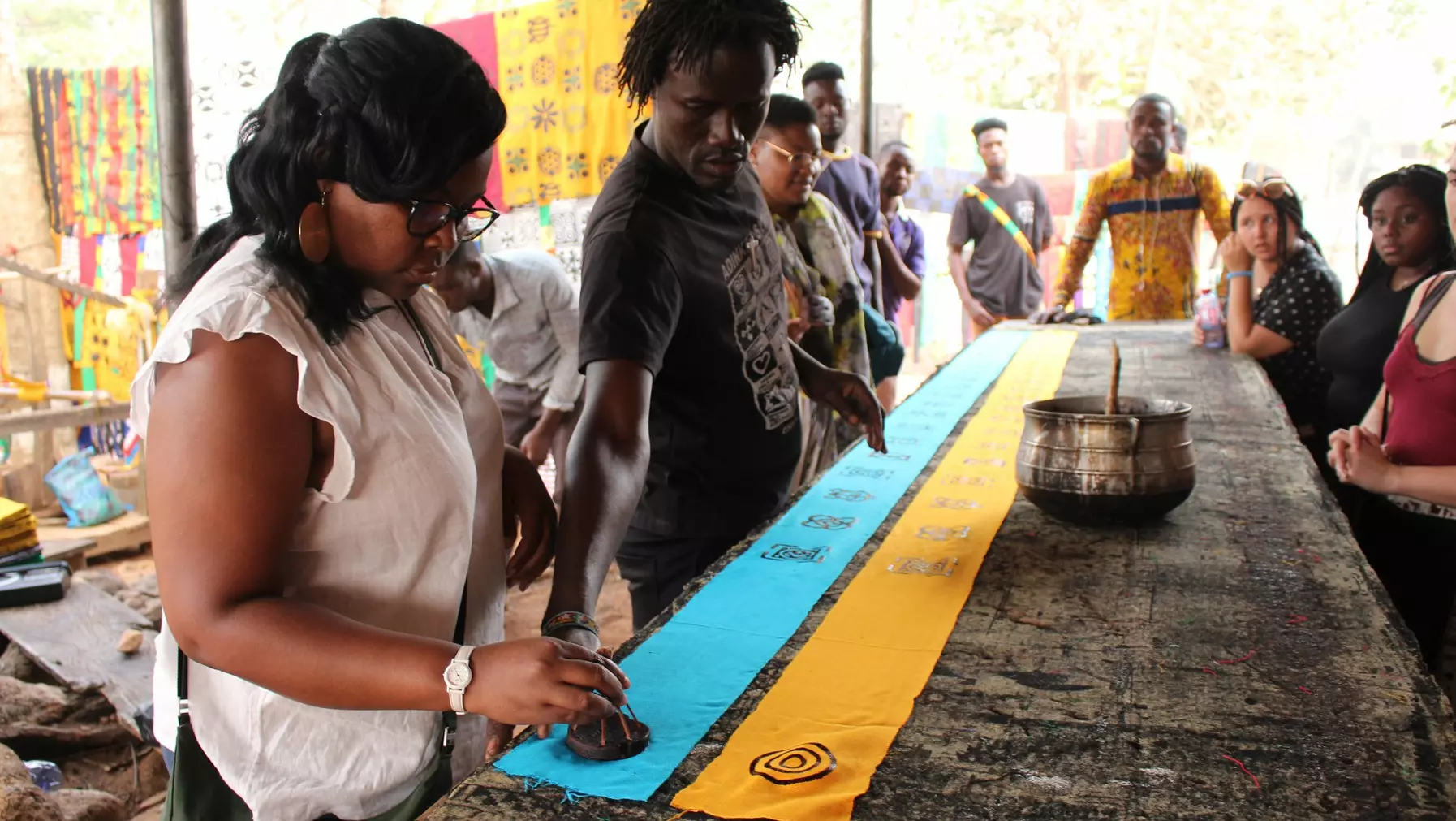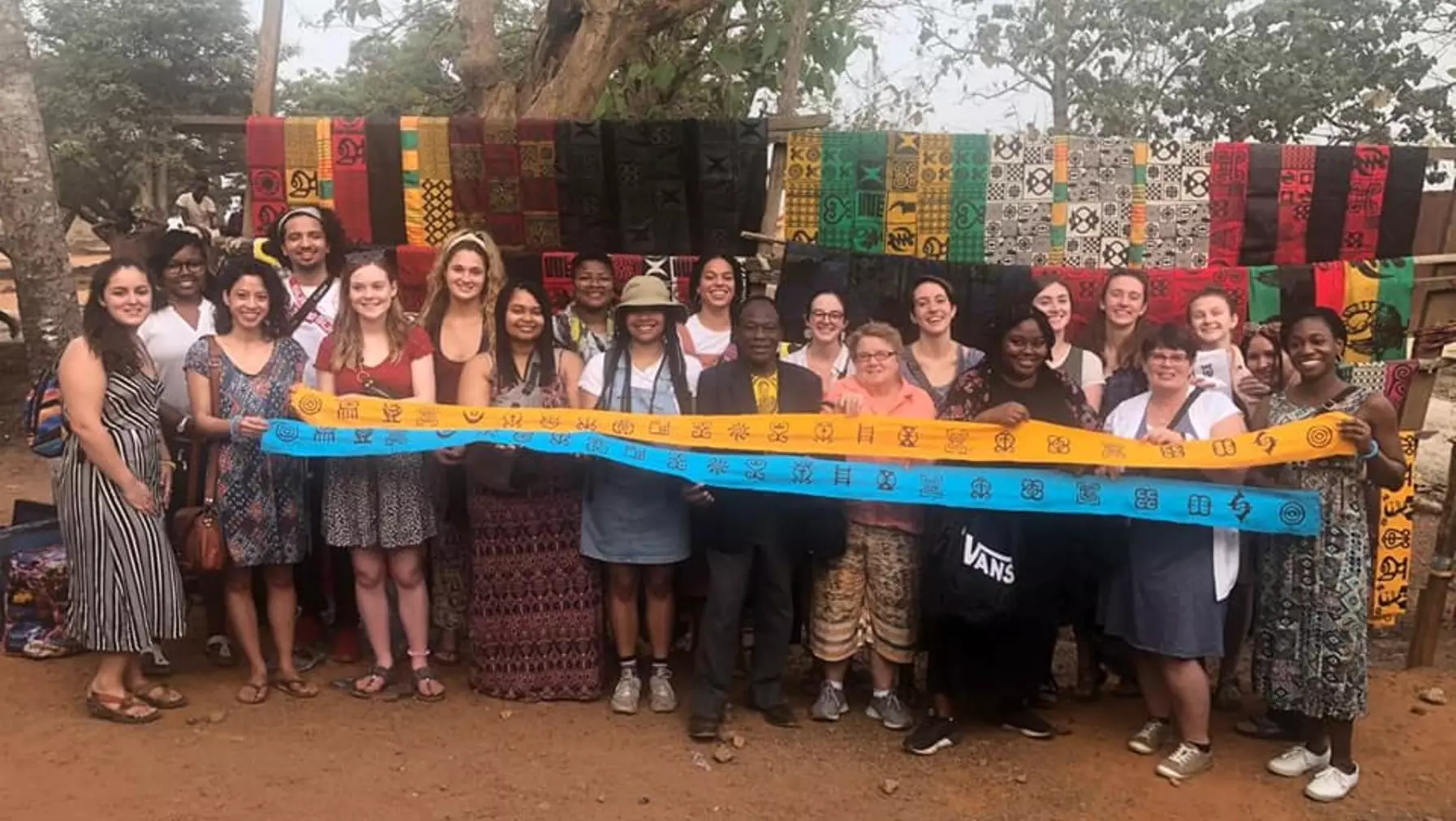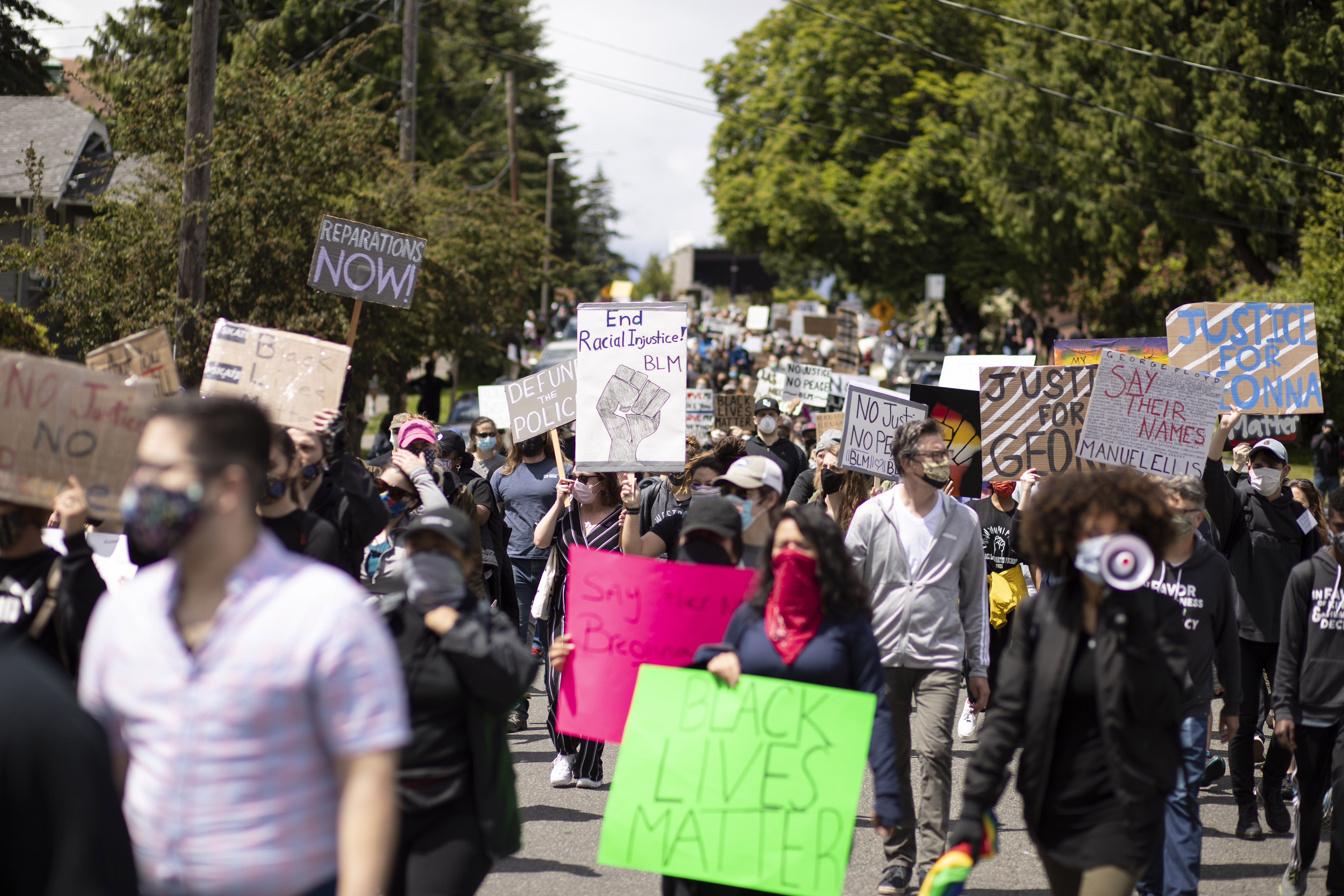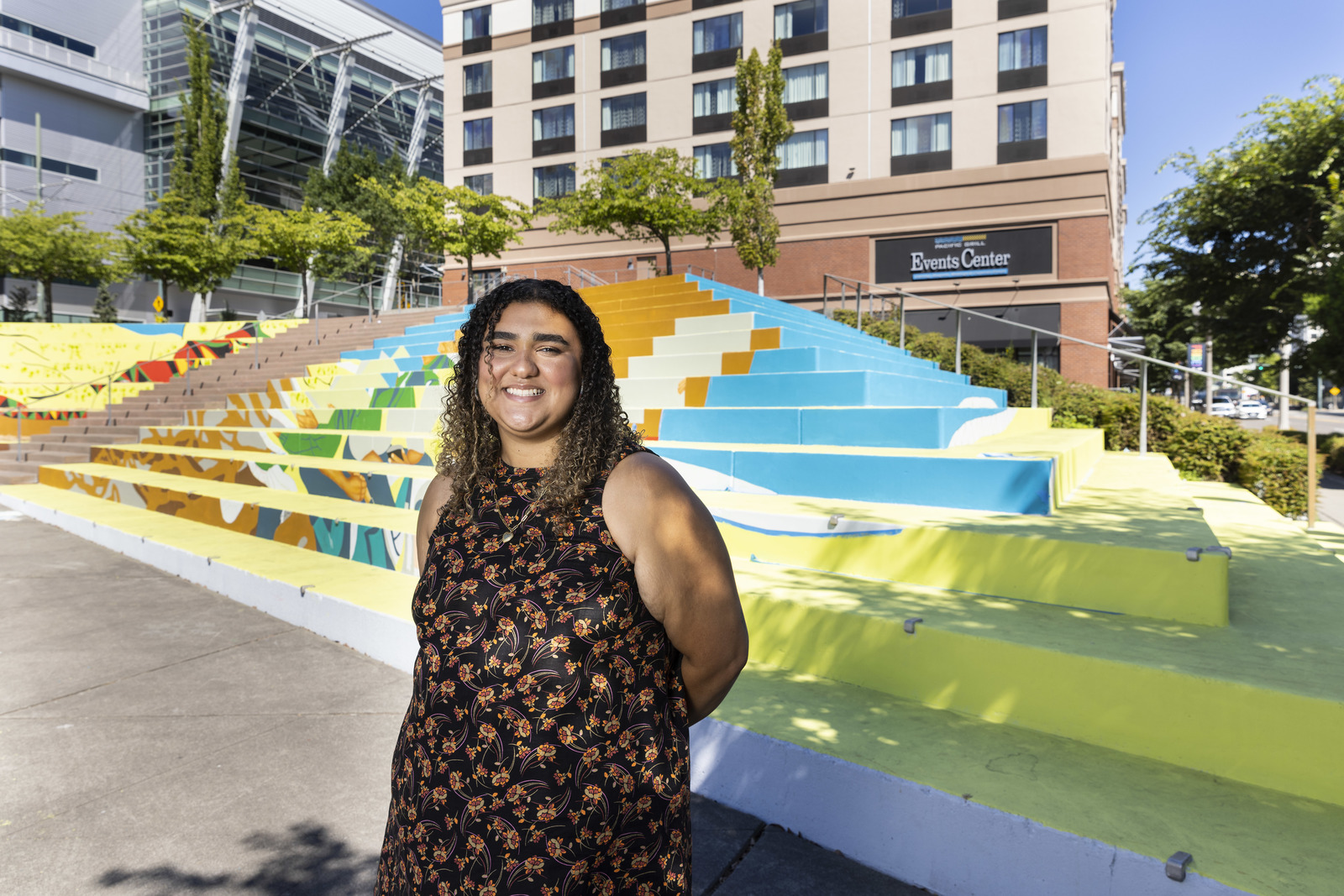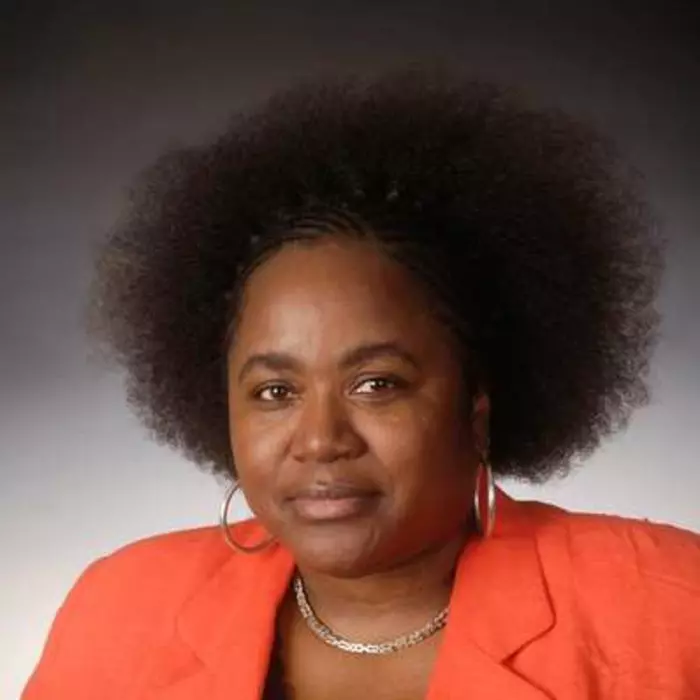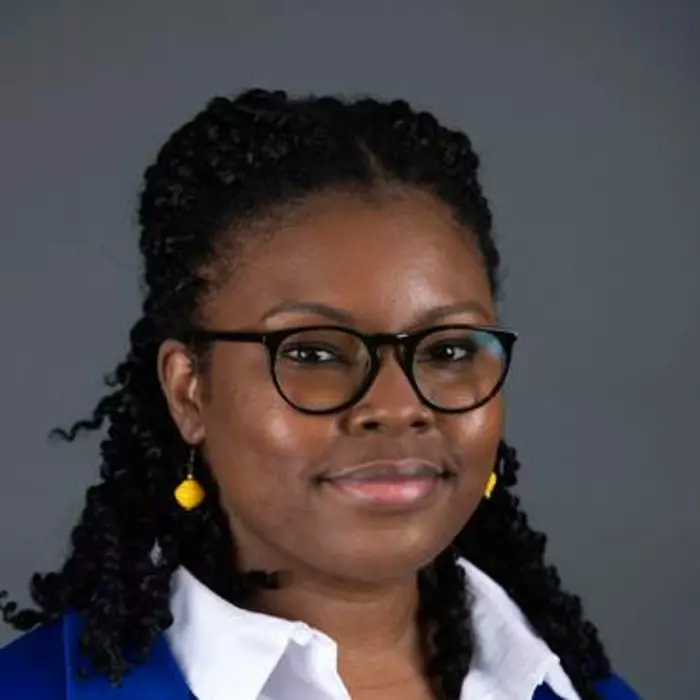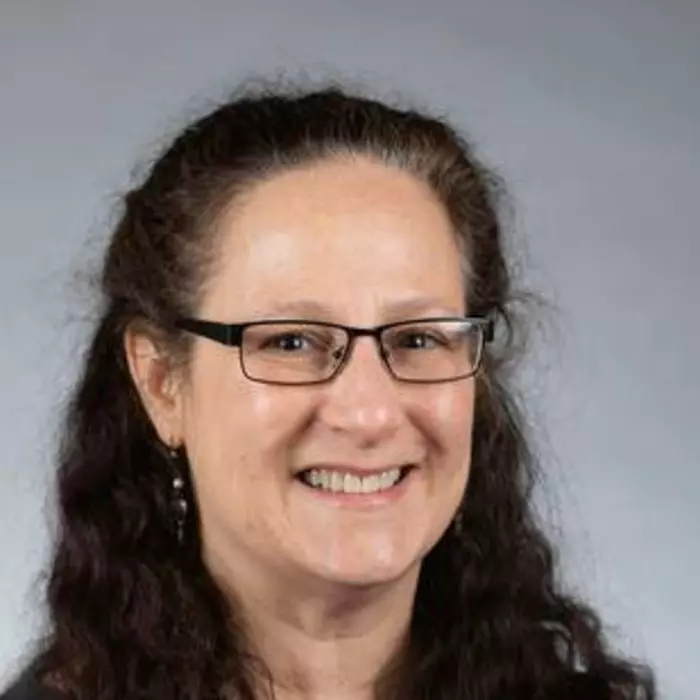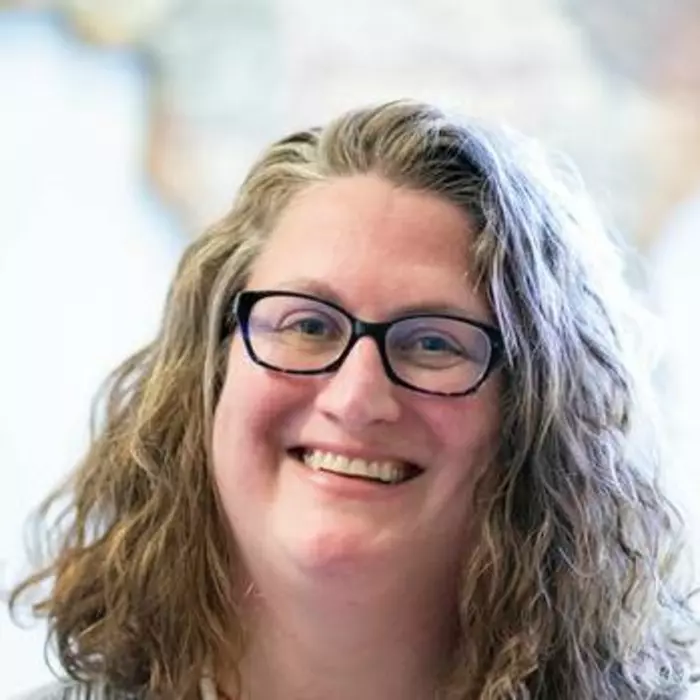How does the experience of African American people inform one’s understanding of contemporary societal interactions and conditions? Why is an interdisciplinary approach to knowledge, such as the African American studies approach, fundamental to critical thinking? What African American voices, experiences, events, communities, policies, and cultural components are under-interrogated, yet essential, for active and informed citizens of the world to understand?
African American (AFAM) studies is interdisciplinary, with focal fields such as history, sociology, English studies, communication studies, political science, psychology, social theory, art, music, economics, education, and even natural sciences, including environmental science, with a social justice lens. In AFAM, students cultivate transdisciplinary skills, develop informed perspectives, and engage with their communities with the guidance of professors.
